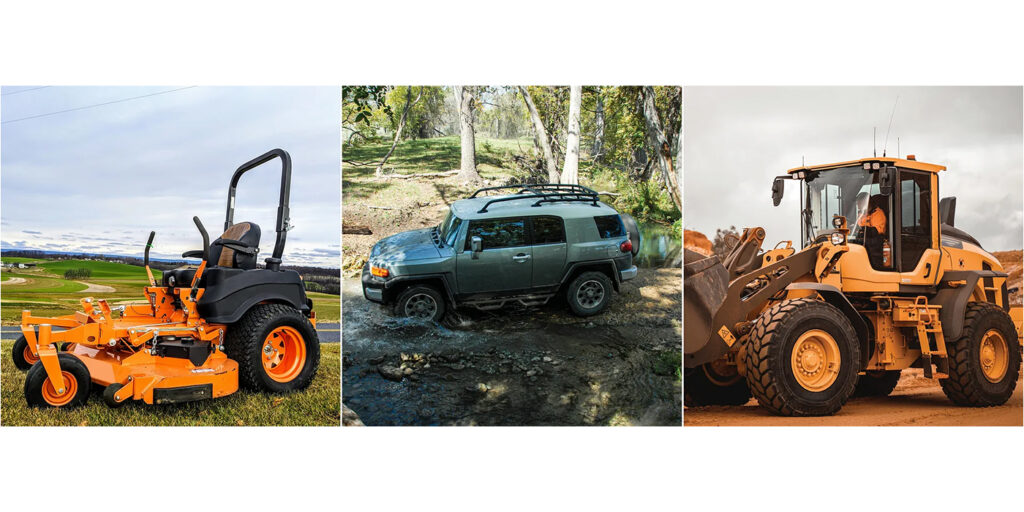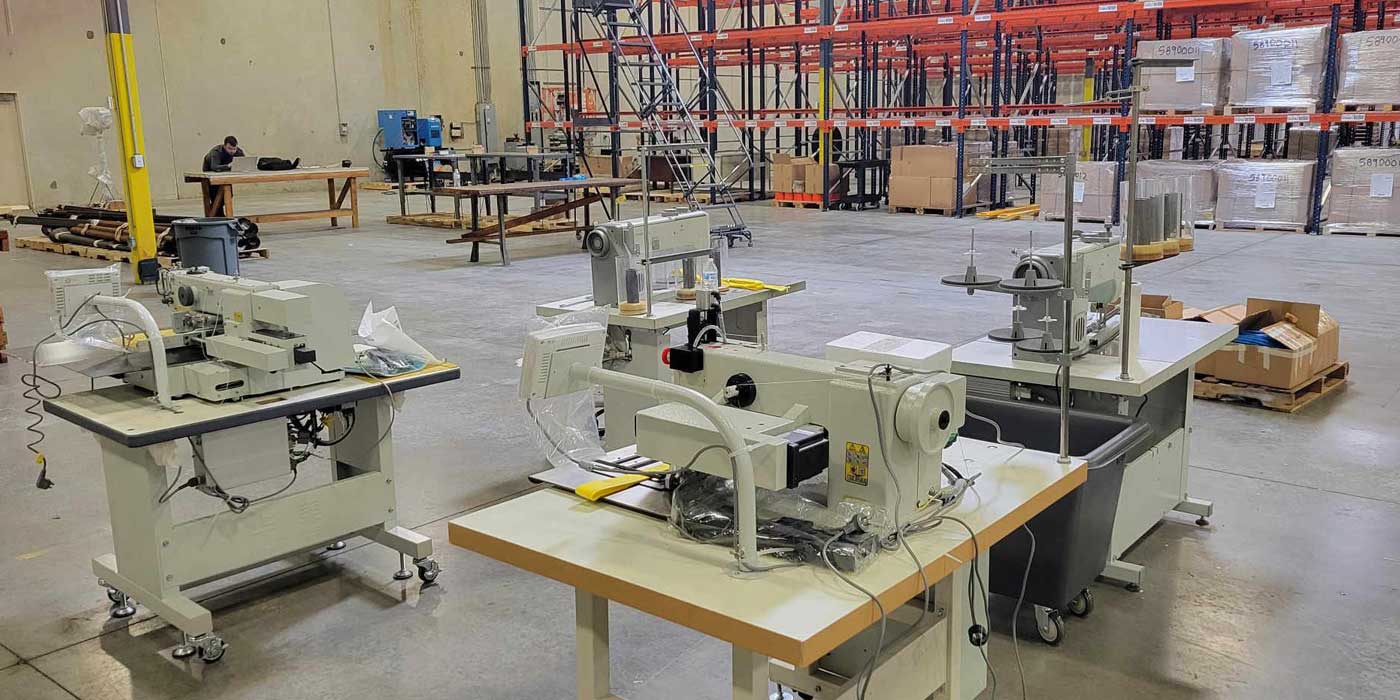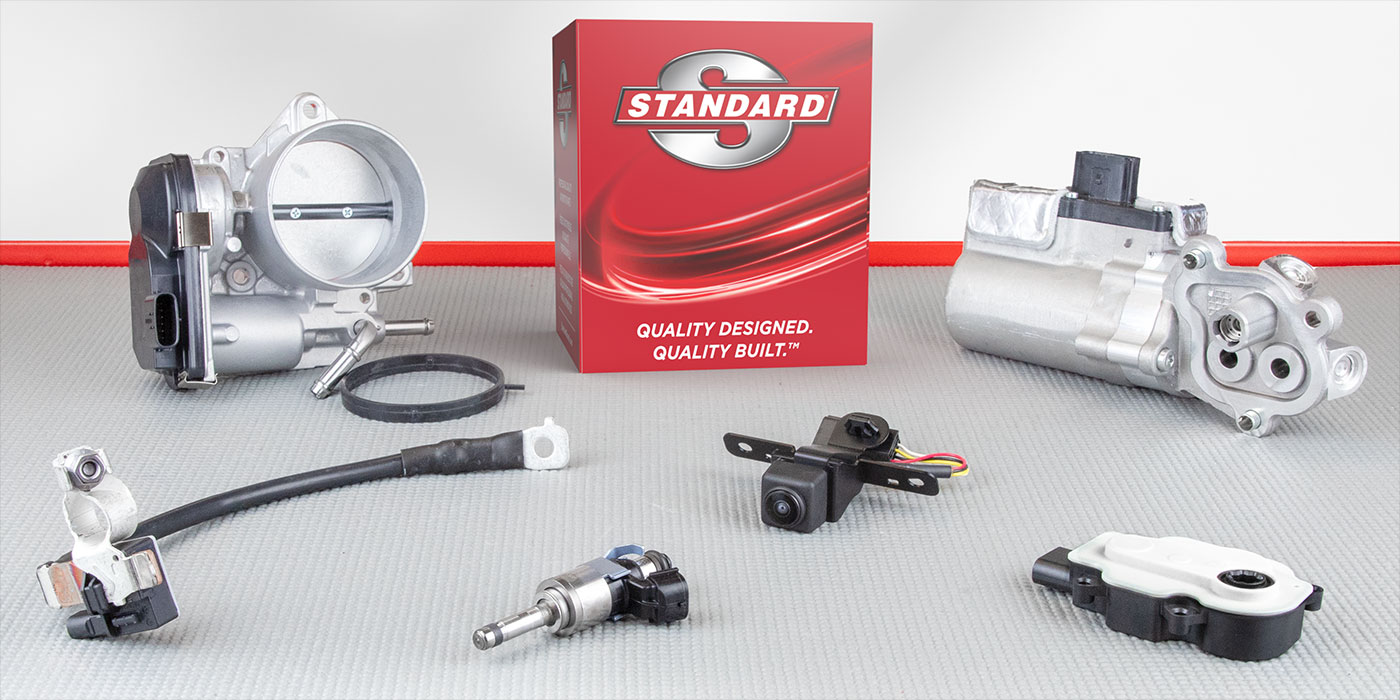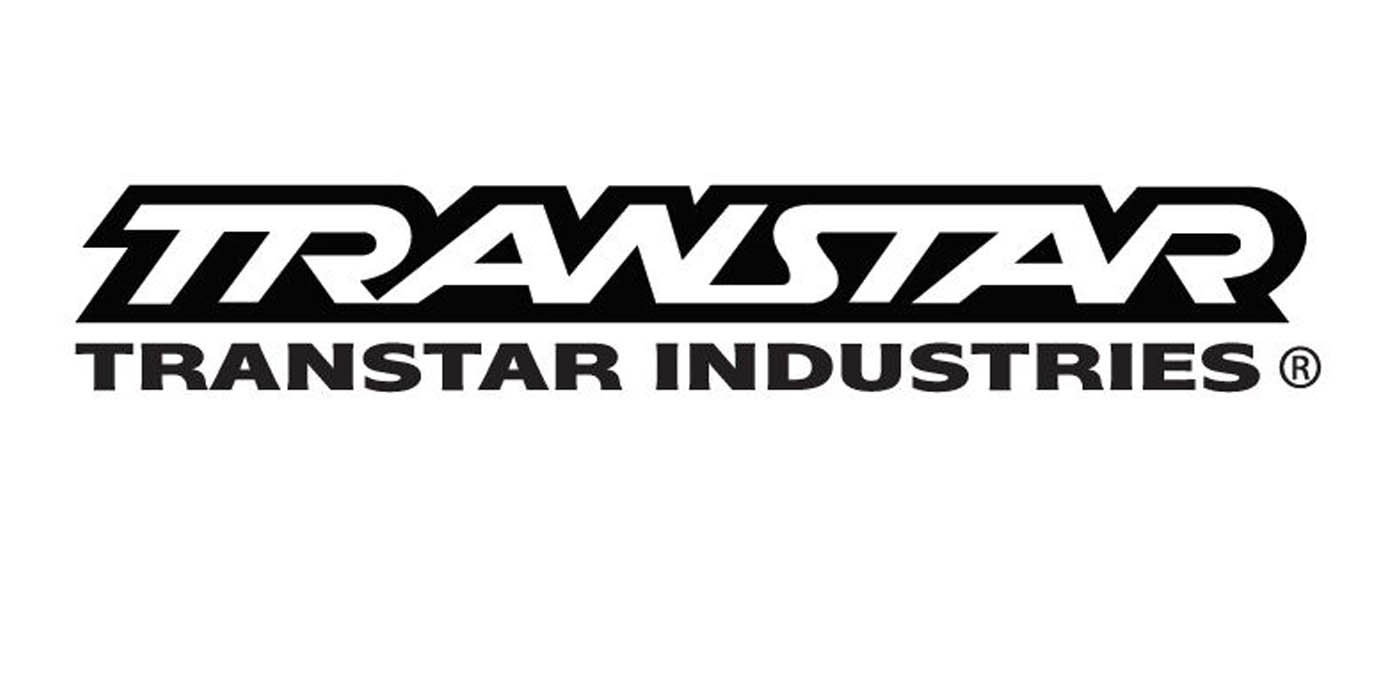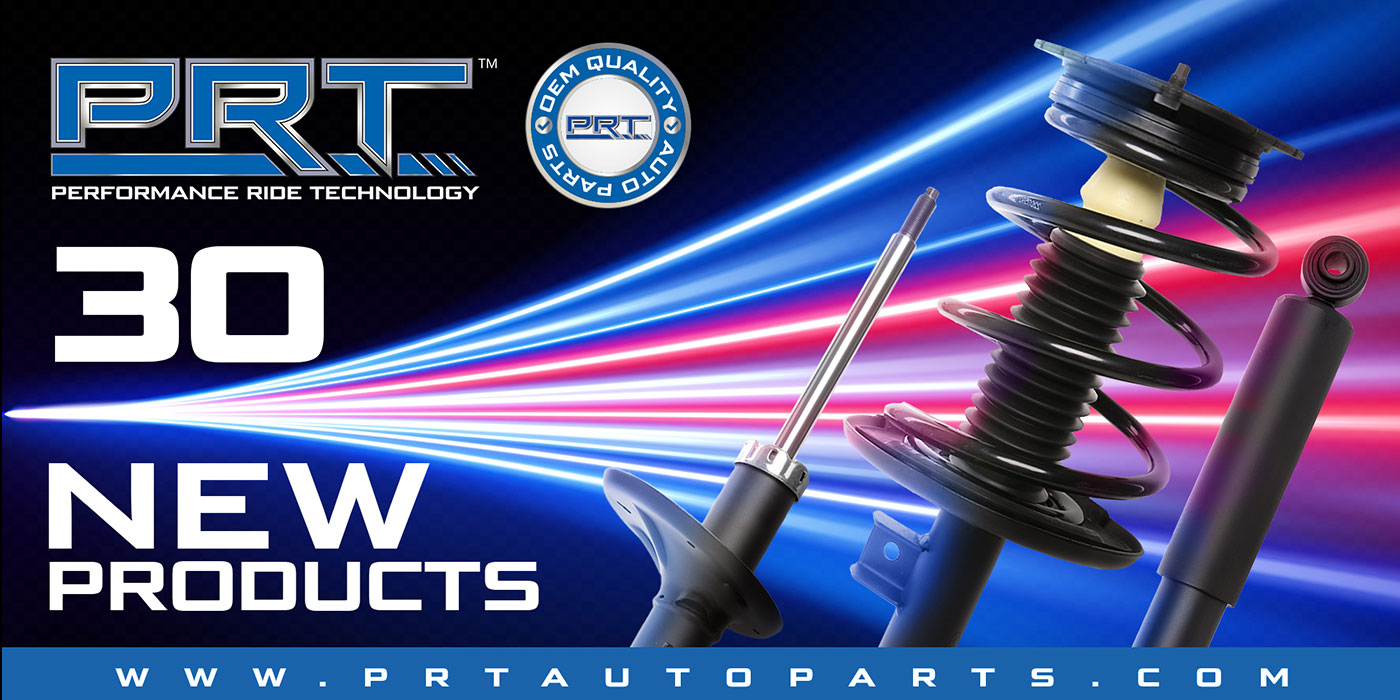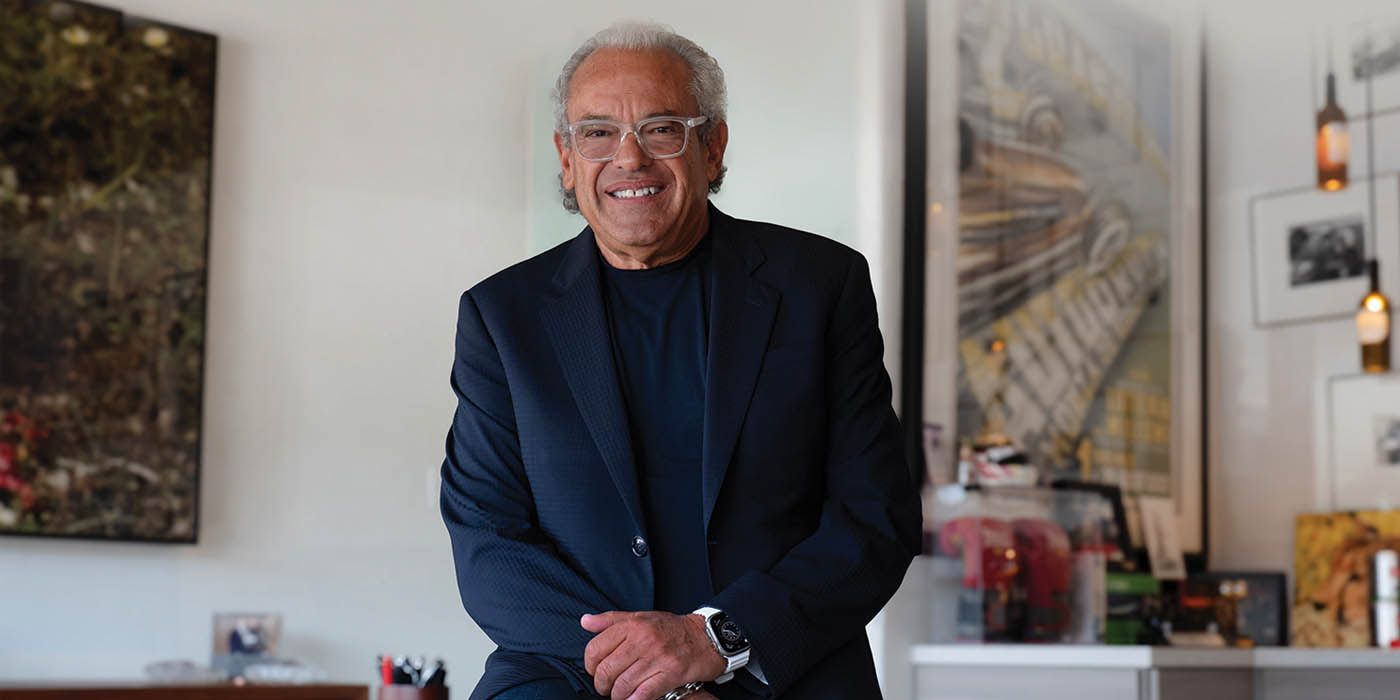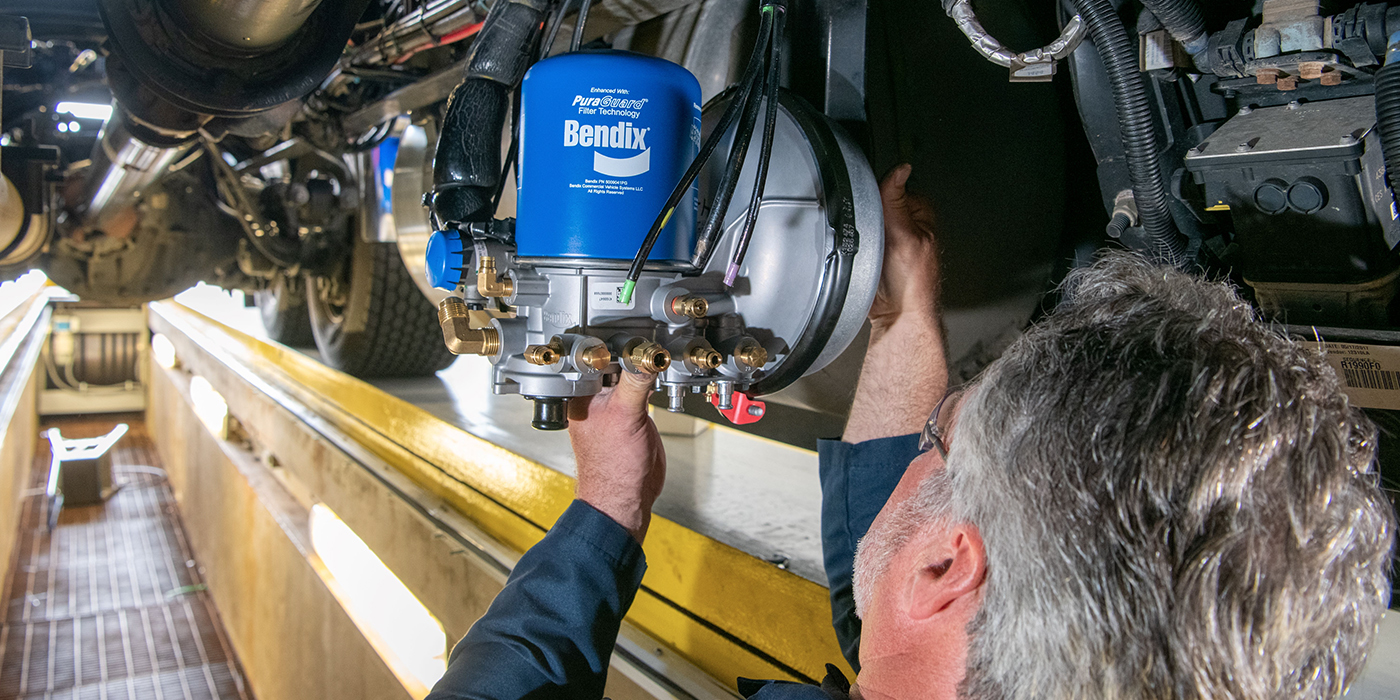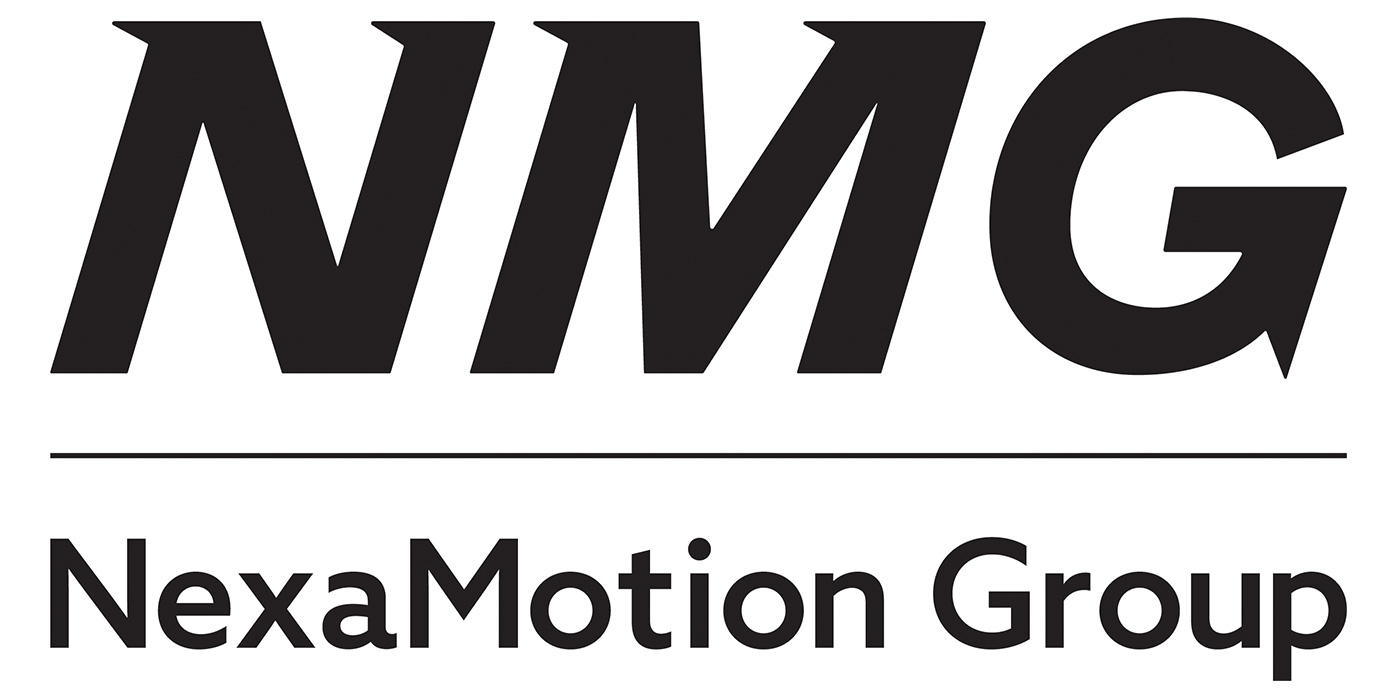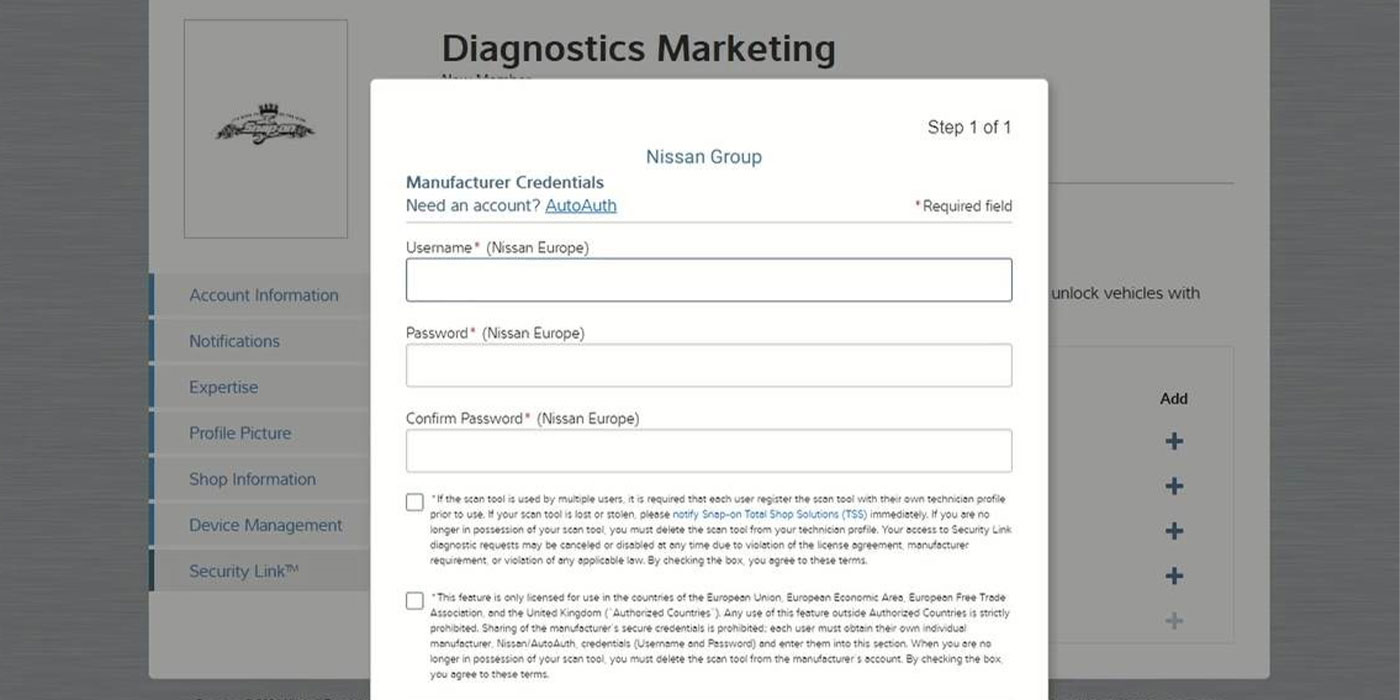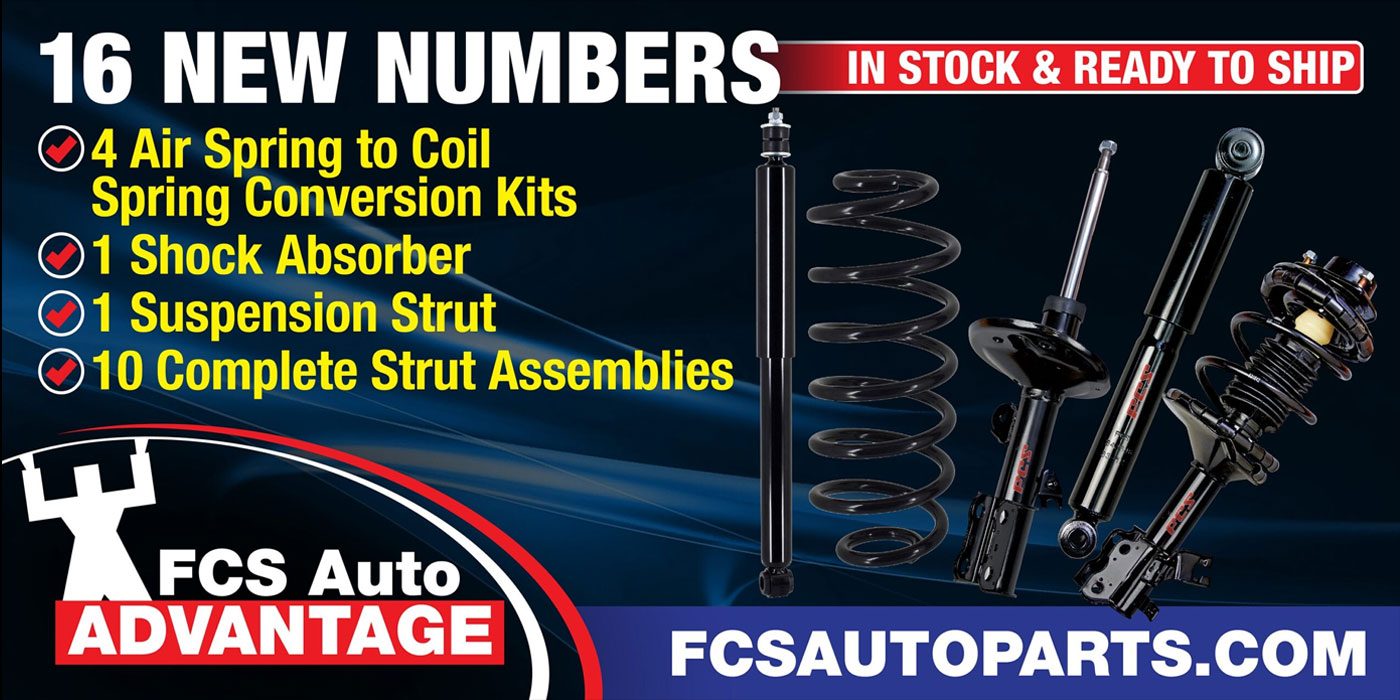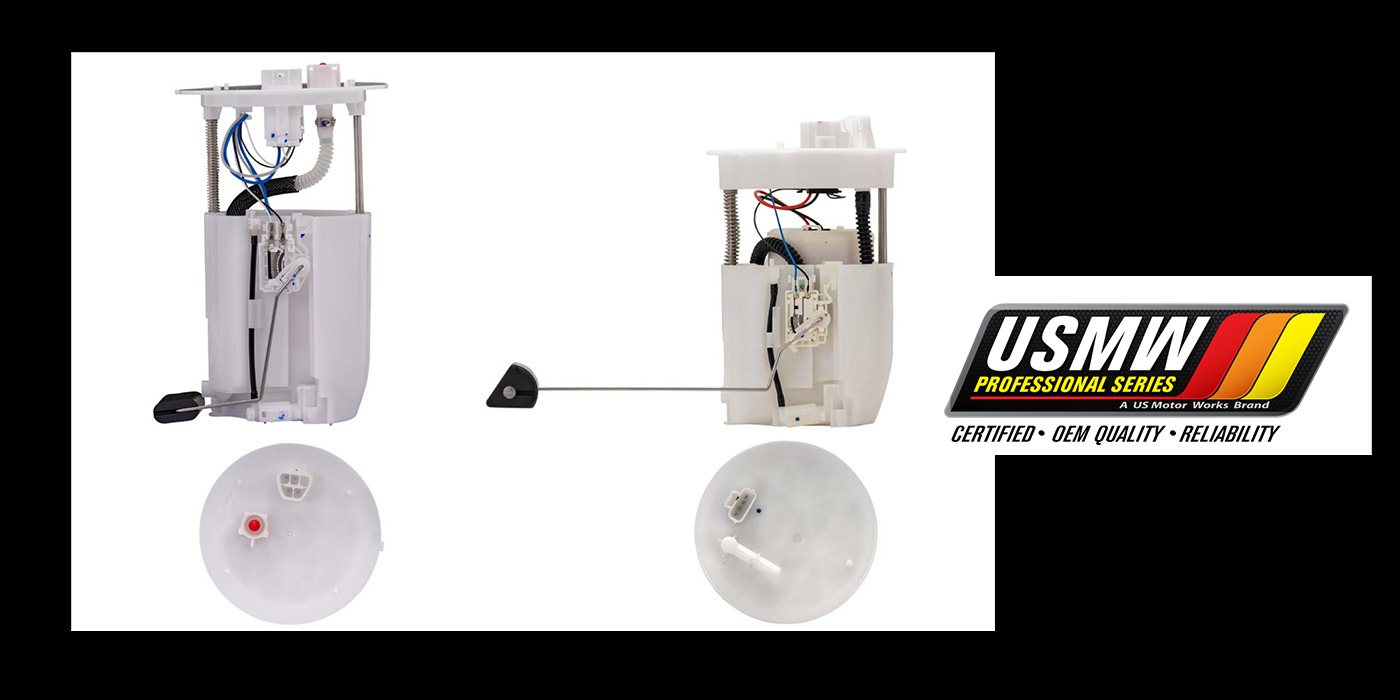For the first time, ACAT Global will license its revolutionary emissions control technology for internal combustion engines to automakers and other companies. The license will give companies a proven cost-effective technology they can leverage to manufacture catalytic converters as they help governments and environmental groups combat the climate crisis and save consumers significant money on fuel purchases.
“Our metallic substrate catalytic converters are federally compliant and the technology is already available in products in many of the ‘green states’ today,” said Joe Moch, CEO of ACAT Global. “This groundbreaking tech can improve gas mileage by as much as 12 percent, which translates into huge consumer savings given current fuel prices. In addition to reducing fuel expenditures, these same catalytic converters significantly reduce emissions without sacrificing performance. Compared to standard ceramic solutions, our technology cuts emissions significantly, which will reduce greenhouse gas emissions today.”
ACAT Global was formed in 2010 with the acquisition of General Motors-developed catalytic converter substrate technology and related production assets from Delphi. Senior Delphi engineers joined the company at that time, as well. Now other companies worldwide can access their expertise.
ACAT Global replacement metallic substrate catalytic converters are federal and in most applications CARB compliant for vehicles. The patented technology is also applicable to diesel engines of all varieties, including Light/Medium/Heavy Duty trucks, as well as power generators. The converters can reduce pollutants for coal burning stacks, cargo ships, furnaces and any power generation platform that needs catalyzation.
Current government regulations and slow adoption of the technology by carmakers has limited the implementation of these catalytic converters.
“Most automakers do not feel the urgency to cut emissions because of a lack of government enforcement of emissions standards,” said Matthew G. Frankel, MD and National Advisory Board member for the Union of Concerned Scientists. “The recent Supreme Court decision further hampers government agencies from setting and enforcing emissions standards. The automakers are also putting a greater emphasis on Electric Vehicles to decrease overall emissions. This is unrealistic for two reasons. First, supply chain issues, like lithium production, and the lack of enough batteries being produced limits EV production. Second, and maybe most important, is that the U.S. power grid is ill-equipped and unprepared to produce enough charging stations to handle the demand for the projected number of EVs. In fact, the grid may be decades away from meeting the demand for future EV production.
For all these reasons, it is more important than ever to do what we can to improve emissions from all internal combustion engines now, from cars and trucks to power generation units, all the way down to gas-powered blowers and other powered lawn and garden tools. ACAT’s unique catalytic converter technology can meet all these needs so we can decrease harmful emissions and air pollution now while our planet ramps up sustainable, emission-free energy sources for the future.”
Results from independent laboratories have consistently proven ACAT’s claims. During testing for submission to federal and California ARB officials, the company’s metallic substrate catalytic converters were proven to increase gas mileage by 12 percent, as well as cut NMOG by 33 percent, slash CO emissions by 20 percent and drop the dreaded NOx by 75 percent. NMOG, CO and NOx are all harmful compounds created from the burning of fossil fuels and the main contributors to poor air quality.
ACAT Global’s technology has also been limited by antiquated government regulations worldwide.
“Current government rules were written to increase the reliability and lifespan of catalytic converters but have actually stymied the adoption of game-changing technology,” said Moch. “Consumers are barred from replacing a catalytic converter with one of our units on a vehicle unless the car, truck or SUV is over seven years old. Those who’ve had their catalytic converter stolen must install an expensive OEM unit, even though it costs more and is much less effective than ours. It’s outrageous that someone seeking to ease their cost at the pump, comply with emissions rules or even choose to reduce their carbon footprint cannot install this equipment. It is time for rules to be updated.”
Currently, the converters are made in Michigan and offered through distributors worldwide. ACAT Global’s catalytic converters are available as a universal or direct fit system through independent shops. The reliable metallic catalysts use proprietary technology, engineered for easy installation, form, fit and function.
“The cost of less effective ceramic catalytic converters typically fitted to vehicles are projected to increase up to 300 percent this year,” said Moch. “Our Federal compliant metallic core technology is not subject to the same price increase. And through our licensing program, OEM’s can build vehicles with better fuel efficiency while slicing emissions without increasing costs. Automakers, environmental groups and the public should embrace this opportunity to really make an immediate positive impact.”
OEM’s and other companies in the industry interested in licensing the technology can contact Joe Moch via [email protected].

